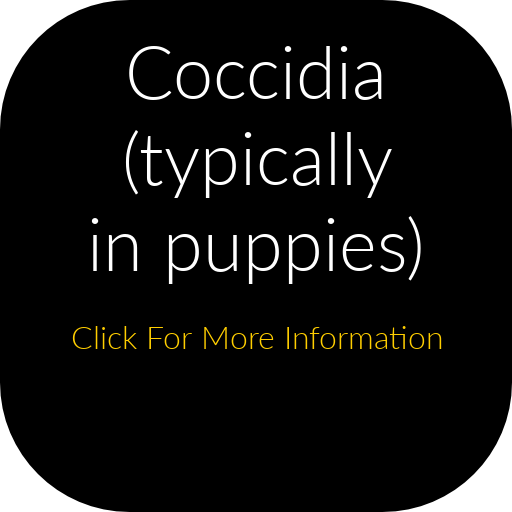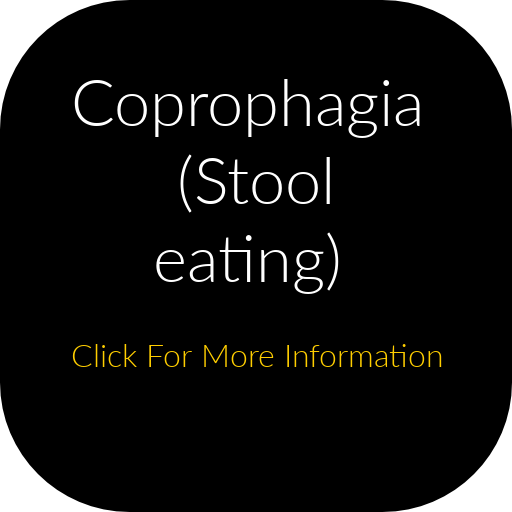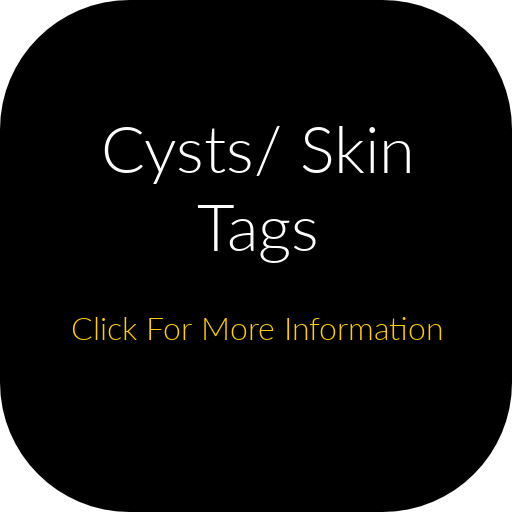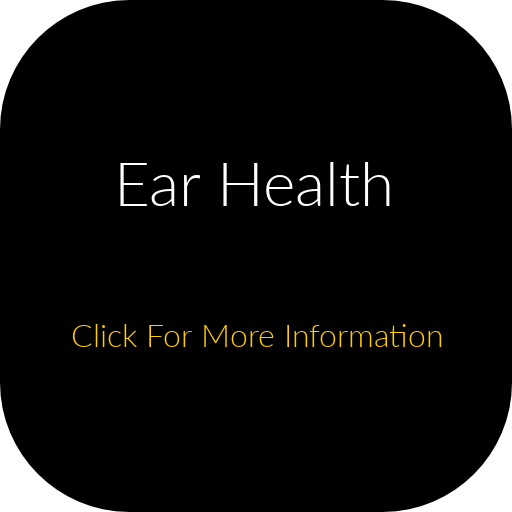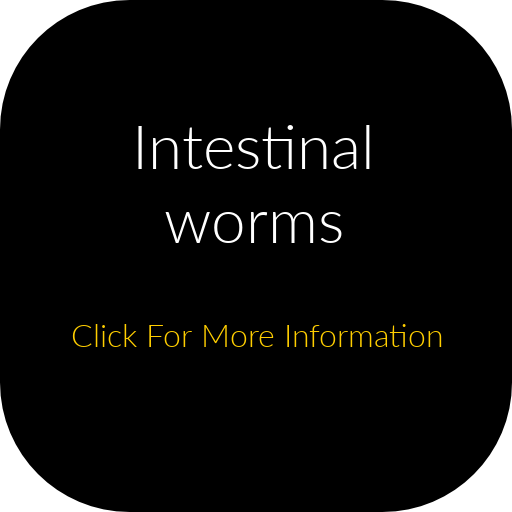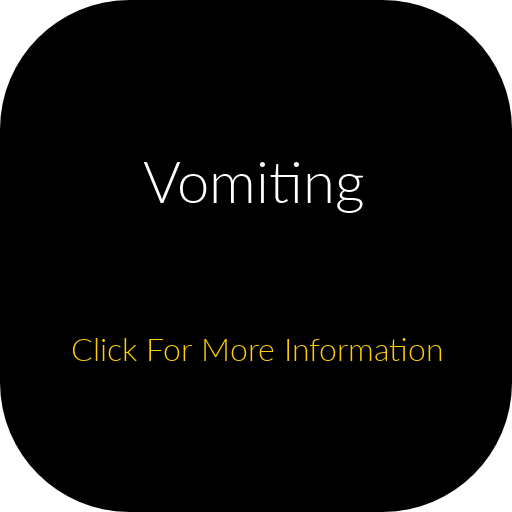- HOME
- Puppy Nursery ( Puppies for Sale)
- Beautys
- Gentlemen
- Sold puppies!
- Planned Litters
- Adults Available
- Adoption Form (Puppies)
- Health Guarantee/ Sales Contract
- Holding Fee Agreement ( Non refundable)
- Ancestors
- About Us
- Purchase
- Contact Us
- Shih Health/ Shih Tzu Breed Tendencies Information Center
- Adoption form ( for Adults only)
- Puppy Supply list
- Visit our Homes
Our Shih Tzu Health and Breed Tendency center aims to provide comprehensive information about potential breed and health tendencies. It is important to note that NONE of the health or breed tendencies listed are unique to Shih Tzu; however, reducible umbilical hernias are the most prevalent and commonly observed in this breed.
This page serves as a valuable starting point for your research and is written from a practical perspective, drawing on the expertise of experienced Shih Tzu breeders and owners. It is worth noting that many of the conditions listed can be fully treated, or the puppy may naturally outgrow them. Furthermore, only a few of the health or breed tendencies mentioned pose a life-threatening risk or result in lifelong illnesses. It is unlikely that your Shih Tzu will experience more than one or two of these tendencies. Nevertheless, it is essential to be aware of them as a responsible and informed Shih Tzu owner.
Symptoms:
|
Symptoms:
|
Symptoms:
|
Symptoms:
|
Symptoms:
|
Symptoms:
|
Symptoms:
|
Symptoms:
|
Symptoms:
|
Symptoms:Most Common Eye issues:
Eye Ulcer:
Distichiasis (In Grown lashes):
|
Symptoms:
|
Symptoms:Heat Stroke in Dogs:
|
Symptoms:
|
Symptoms:Hernias in puppies are separated into two categories: Umbilical hernias and Inguinal Hernias.
Umbilical Hernias: (Reducible)
|
Symptoms:
|
Symptoms:
|
Symptoms:
Elevated liver values:
|
Symptoms:
|
Symptoms:
|
Symptoms:
|
Symptoms:
|
Symptoms:Early Signs:
|
Symptoms:
|
Symptoms:
|
Symptoms:Stenotic Nares:
|
Symptoms:Gall Stones:
|
Symptoms:
|
Symptoms:Tight nostrils/Snoring/Snorting/ Reverse Sneezing- See above for symptoms
Deciduous teeth (retained baby teeth)
|
Symptoms:
|
Symptoms:
|
Health/ Breed Tendencies
(Most are puppy ailments)
Our mission is to find caring forever homes for healthy, happy Shih Tzu puppies. We understand that as a potential pet owner, you desire a Shih Tzu puppy to become a cherished part of your family for many years. Before considering bringing a new puppy home, it is essential to familiarize yourself with the breed's health and tendencies.
Fortunately, some of the breed tendencies we discuss may not affect your puppy, or they may outgrow them before reaching adulthood.
Regardless of their size, our Shih Tzu have an estimated lifespan of 11-16 years. A well-bred smaller-sized Shih Tzu from a reputable breeder will have a lifespan no shorter than that of a standard-sized Shih Tzu. These smaller Shih Tzu are simply miniature versions of the standard size and share the same lifespan and health issues/ breed tendencies. Shih Tzu are closely related to wolves, which contributes to their overall health. However, like all dogs, Shih Tzu may be more prone to certain health conditions and breed tendencies.
The health concerns listed here are relatively common in small and toy dog breeds. However, this information specifically focuses on purebred Shih Tzu. Mixed breed Shih Tzu may have different health concerns.
As a devoted pet owner, the best thing you can do for your furry family member is to be an informed one. Don't hesitate to ask questions, read, and educate yourself. Starting with a high-quality puppy from a responsible and reputable breeder is just the first step.
We provide a one year health guarantee against life-threatening inherited genetic defects for all our dogs. Our puppies are carefully bred from superior breeding stock. Most of them come from multiple generations of our own lines, and when we do introduce outside lines, we ensure they come from experienced breeders who prioritize health and quality.
Furthermore, all our puppies come with a lifetime advise and we are always available to answer any questions you may have about our adorable babies.
While the health issues and breed tendencies we discuss are not exclusive to Shih Tzu and are common among many other toy breeds or flat-faced dogs, we have noticed that Shih Tzu often react differently to these conditions. This page aims to highlight how these ailments or tendencies affect Shih Tzu specifically. It's important to remember that not all veterinarians are familiar with these breed tendencies or common puppy ailments, and misdiagnoses can occur. Veterinarians, like human doctors, are general practitioners who encounter various breeds, with mixed breeds comprising the majority of their patients. Many of the health issues discussed here primarily relate to raising a Shih Tzu puppy, and most of these issues tend to resolve themselves by adulthood, which may differ from other breeds.
Fortunately, some of the breed tendencies we discuss may not affect your puppy, or they may outgrow them before reaching adulthood.
Regardless of their size, our Shih Tzu have an estimated lifespan of 11-16 years. A well-bred smaller-sized Shih Tzu from a reputable breeder will have a lifespan no shorter than that of a standard-sized Shih Tzu. These smaller Shih Tzu are simply miniature versions of the standard size and share the same lifespan and health issues/ breed tendencies. Shih Tzu are closely related to wolves, which contributes to their overall health. However, like all dogs, Shih Tzu may be more prone to certain health conditions and breed tendencies.
The health concerns listed here are relatively common in small and toy dog breeds. However, this information specifically focuses on purebred Shih Tzu. Mixed breed Shih Tzu may have different health concerns.
As a devoted pet owner, the best thing you can do for your furry family member is to be an informed one. Don't hesitate to ask questions, read, and educate yourself. Starting with a high-quality puppy from a responsible and reputable breeder is just the first step.
We provide a one year health guarantee against life-threatening inherited genetic defects for all our dogs. Our puppies are carefully bred from superior breeding stock. Most of them come from multiple generations of our own lines, and when we do introduce outside lines, we ensure they come from experienced breeders who prioritize health and quality.
Furthermore, all our puppies come with a lifetime advise and we are always available to answer any questions you may have about our adorable babies.
While the health issues and breed tendencies we discuss are not exclusive to Shih Tzu and are common among many other toy breeds or flat-faced dogs, we have noticed that Shih Tzu often react differently to these conditions. This page aims to highlight how these ailments or tendencies affect Shih Tzu specifically. It's important to remember that not all veterinarians are familiar with these breed tendencies or common puppy ailments, and misdiagnoses can occur. Veterinarians, like human doctors, are general practitioners who encounter various breeds, with mixed breeds comprising the majority of their patients. Many of the health issues discussed here primarily relate to raising a Shih Tzu puppy, and most of these issues tend to resolve themselves by adulthood, which may differ from other breeds.
Location |
|
- HOME
- Puppy Nursery ( Puppies for Sale)
- Beautys
- Gentlemen
- Sold puppies!
- Planned Litters
- Adults Available
- Adoption Form (Puppies)
- Health Guarantee/ Sales Contract
- Holding Fee Agreement ( Non refundable)
- Ancestors
- About Us
- Purchase
- Contact Us
- Shih Health/ Shih Tzu Breed Tendencies Information Center
- Adoption form ( for Adults only)
- Puppy Supply list
- Visit our Homes



